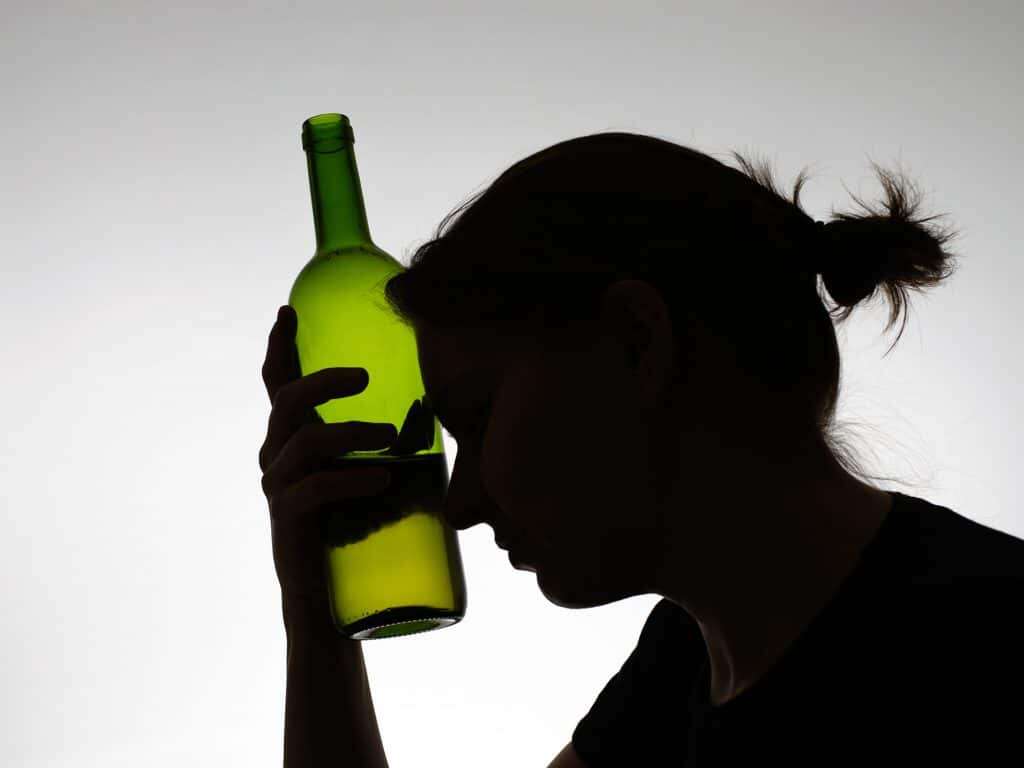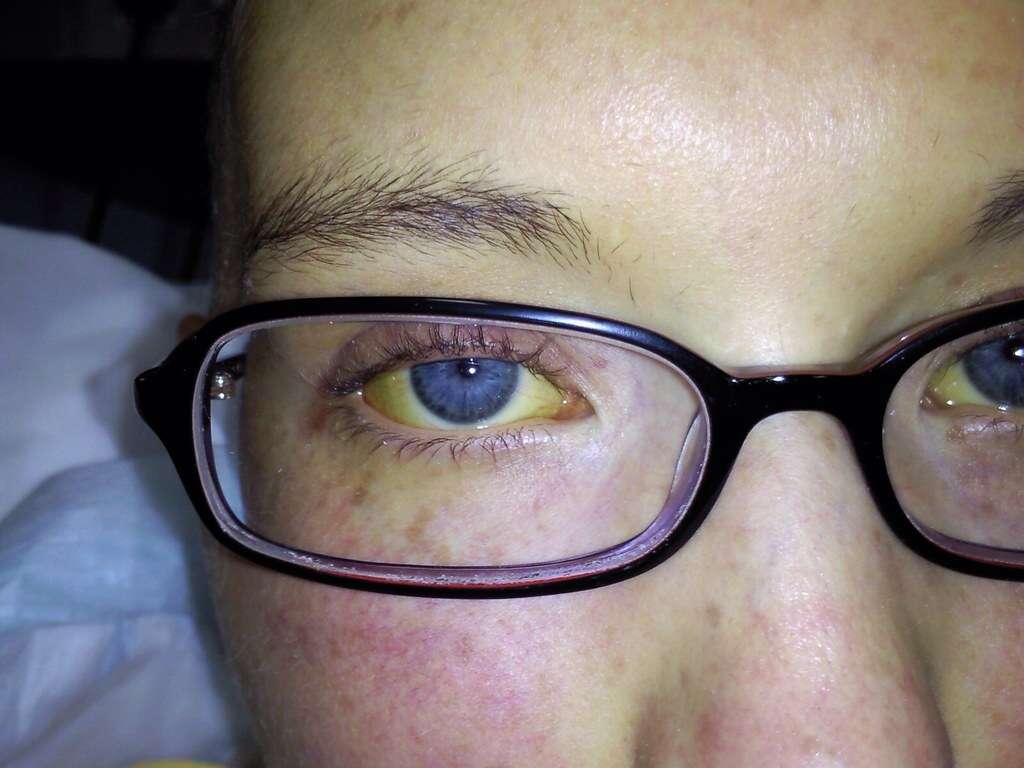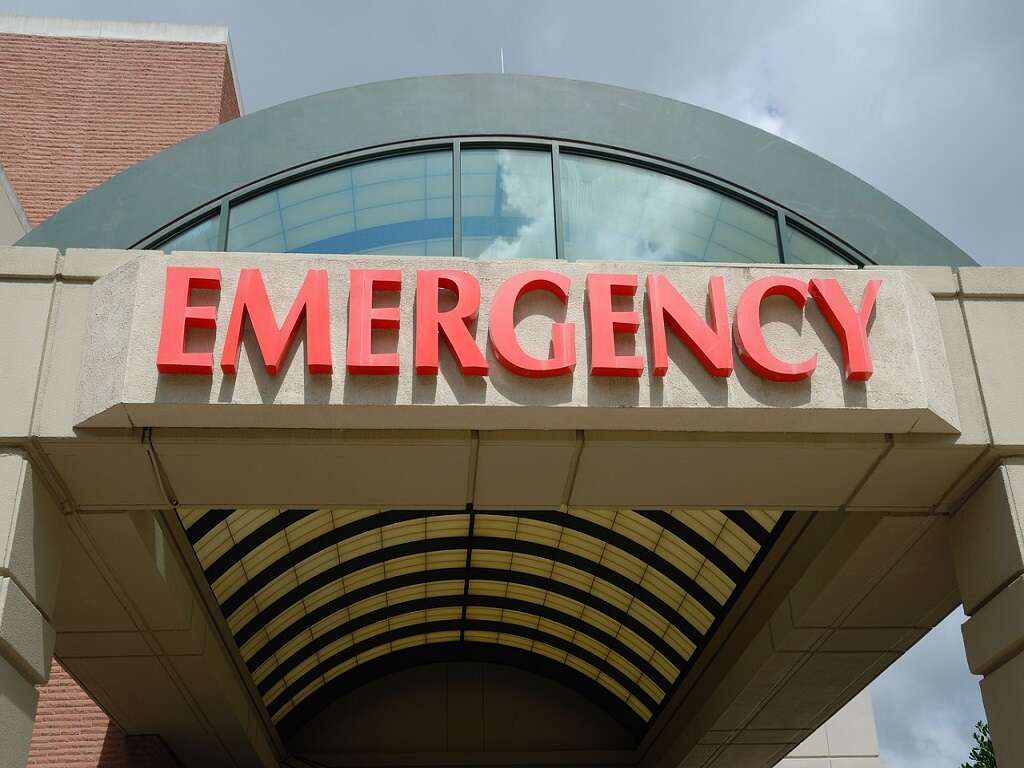10 Alcohol Poisoning Symptoms
5. Confusion
The alteration of a person’s mental status or brain function can sometimes be characterized as confusion. It is a nonspecific symptom, and it can be seen in many conditions. A person in this state will usually have disturbances in attention and thought content, meaning that they will probably have difficulty focusing during a conversation and they will have random and disorganized thoughts. Simultaneously, people in a confused state can exhibit alterations of awareness or disorientation on time and place. Finally, alterations on arousal (hyper-alert or unarousable), memory, and behavior can occur at the same time.
Alcohol poisoning can cause alterations in the brain’s functioning or confusion, through several mechanisms. As mentioned previously, it works as a Central Nervous System depressant. For instance, it binds directly to inhibitory receptors in the CNS known as GABA receptors. This causes a sedative effect that can range from confusion to loss of consciousness. In fact, its effect is similar to benzodiazepines (i.e. alprazolam), drugs that also act on GABA receptors. Additionally, alcohol poisoning can cause dehydration, hypothermia, metabolic disturbances, electrolyte abnormalities, and other conditions that can also be responsible for alterations in mental status.
Advertisement












